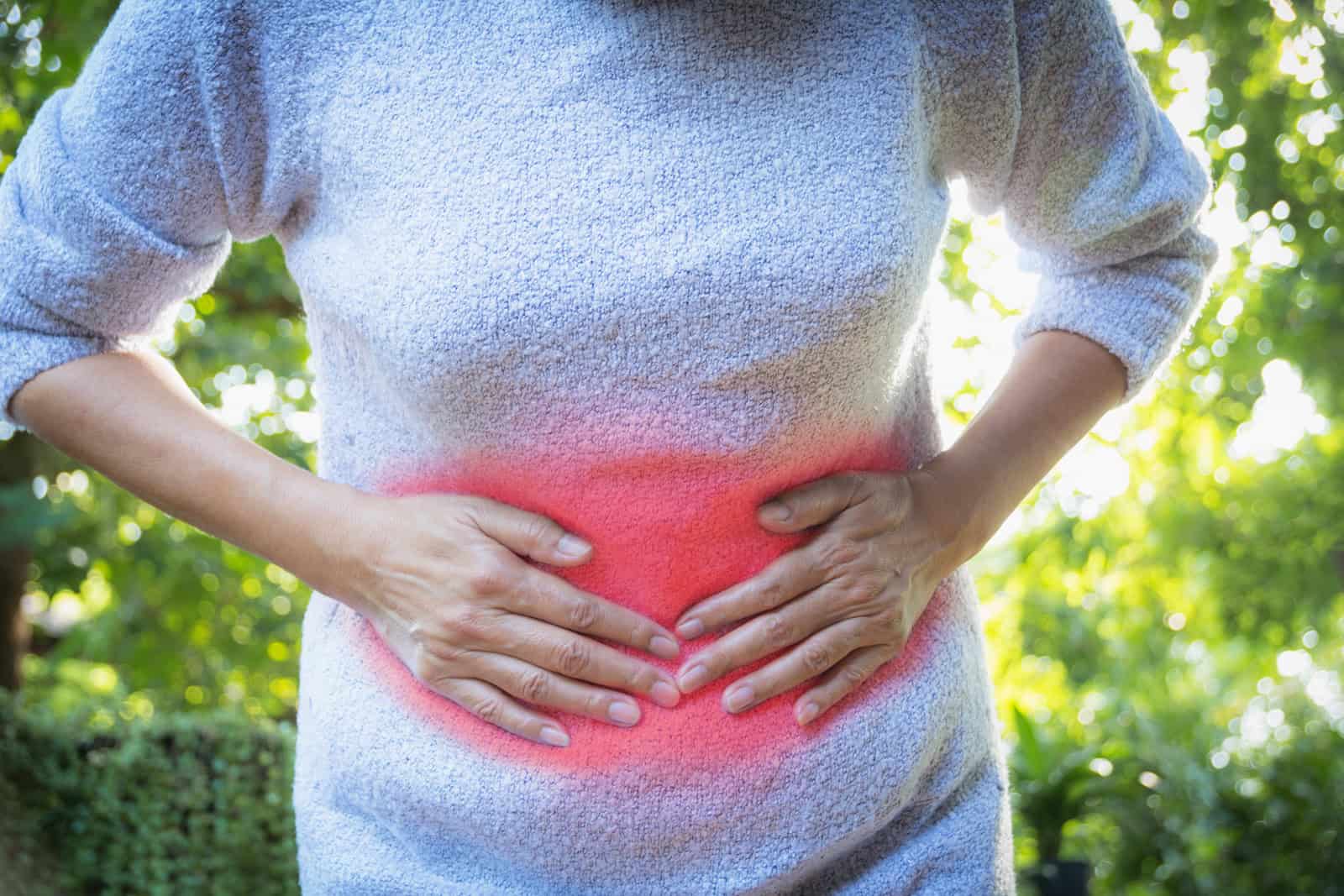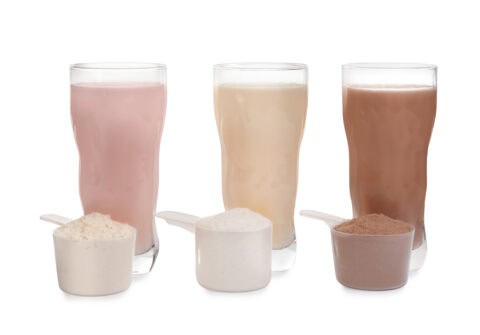Are you struggling with Inflammatory Bowel Disease (IBD) and searching for alternative treatment options? The elemental diet might be worth exploring as part of your healing journey. This specialized nutrition approach has shown promising results, particularly for Crohn’s disease patients. Let’s dive into what an elemental diet is, how it works for IBD, and what you should consider before trying it.
What Is an Elemental Diet?
An elemental diet consists of pre-digested nutrients in their simplest forms:
- Essential amino acids (the building blocks of protein)
- Simple sugars like glucose, dextrose, or maltose
- Medium-chain triglycerides (easily digestible fats)
- Vitamins and minerals
What makes this diet unique is that the nutrients come in their most basic, “elemental” form. This means your digestive system doesn’t have to work hard to break them down. The nutrients are quickly absorbed in the upper part of the small intestine, giving your digestive tract a much-needed rest while still providing complete nutrition.
How Effective Is the Elemental Diet for IBD?
The effectiveness of elemental diets varies depending on the type of IBD:
For Crohn’s Disease:
- Studies show remission rates of approximately 63.8% when using elemental diets
- It’s recommended as a first-line therapy for children and adolescents
- A 3-6 week course can induce clinical, endoscopic, and histologic remission
- Even partial elemental diets have shown significant improvements in resistant cases
For Ulcerative Colitis:
- Research is more limited with only one small study from 1989
- This study noted clinical improvement, but more research is needed
- The role of elemental diets in UC management remains to be further investigated
How Does the Elemental Diet Work for IBD?
The benefits of elemental diets for IBD patients extend beyond simply providing nutrition:
- Alters the gut microbiome: Changes the balance of bacteria in your intestines
- Eliminates food allergens and triggers: Acts as an allergy-elimination diet by removing potential food antigens
- Provides low-fat, anti-inflammatory nutrition: The medium-chain triglycerides in elemental formulas have anti-inflammatory properties
- Creates low fecal bulk: Minimal waste production reduces stress on the inflamed digestive tract
- Gives the gut complete rest: Pre-digested nutrients mean minimal digestive work
Challenges and Limitations to Consider
Despite its effectiveness, the elemental diet comes with several challenges:
- Poor taste: The free amino acids give elemental formulas an unpleasant flavor
- Diarrhea: The hyperosmolality of the formula can cause digestive upset
- Potential need for hospitalization: Some patients require medical supervision
- High relapse rates: When returning to regular food, symptoms may return
- Tube feeding: Many patients require nasogastric tubes due to poor oral tolerance
- Cost concerns: Elemental formulas can be expensive and not always covered by insurance
- Lifestyle restrictions: Social eating becomes challenging
- Risk of C. difficile: Prolonged use may increase the risk of this infection
Comparing with Other IBD Treatments
- vs. Corticosteroids: Elemental diets offer a non-toxic alternative for acute IBD
- vs. Elimination Diets: While elimination diets may be more palatable long-term, elemental diets can induce faster remission initially
How to Follow an Elemental Diet
The formula comes as a powder that you mix with water. You can consume it:
- Orally: Drink it slowly to prevent cramping (refrigerating may improve the taste)
- Via feeding tube: If you can’t tolerate drinking the formula
Semi-Elemental Options
If the fully elemental diet seems too challenging, semi-elemental formulas using whey protein hydrolysate may be an option:
- Better taste
- Similar effectiveness for many conditions
- Easier digestion for some individuals
Note: Those with severe allergies should be cautious, as semi-elemental formulas may still contain trace amounts of allergenic proteins.
Long-Term Use and Maintenance
While most research focuses on using elemental diets to induce remission, some data supports:
- Partial elemental diets (some calories from formula, some from regular food)
- Using elemental formulas as supplements alongside a regular diet
- Transitioning to an elimination diet after achieving remission to identify trigger foods
Is an Elemental Diet Right for You?
The elemental diet represents a valuable tool in IBD management, especially for Crohn’s disease patients looking to induce remission. However, it requires careful consideration of the challenges involved, including palatability, cost, and lifestyle impact.
Before starting an elemental diet, consult with your gastroenterologist and a registered dietitian who specializes in IBD. They can help determine if this approach is appropriate for your specific condition and guide you through the process to maximize your chances of success.
Have you tried an elemental diet for your IBD? What was your experience? Share your thoughts in the comments below.






